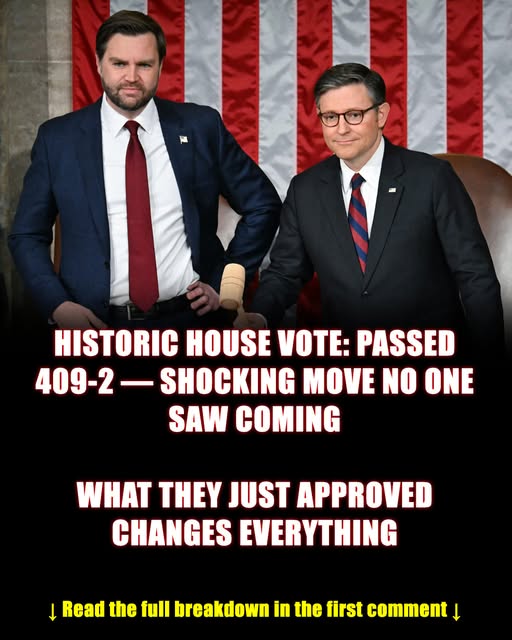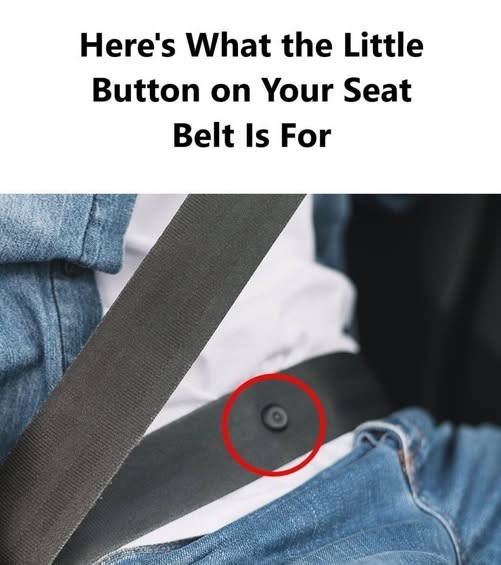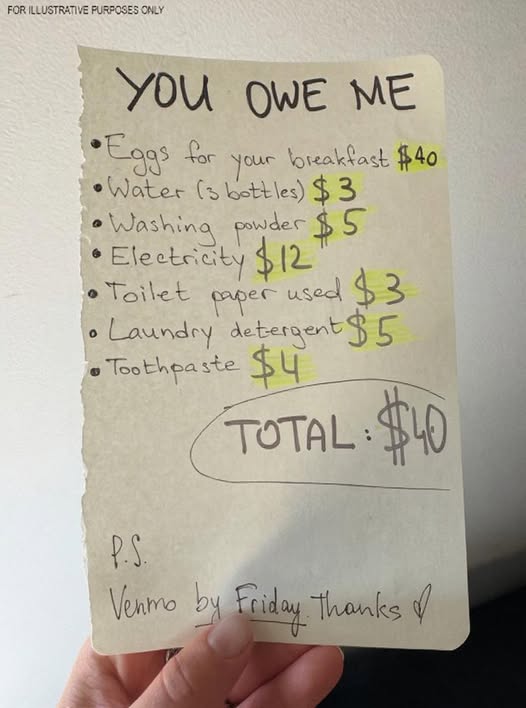In a historic and bipartisan move, the U.S. Congress has passed the TAKE IT DOWN Act, a groundbreaking law aimed at protecting Americans from the growing threat of nonconsensual deepfakes and explicit AI-generated imagery. The legislation passed overwhelmingly in the House with a 409–2 vote and has now been signed into law by the President, marking a major milestone in digital privacy and online accountability.
The new law makes it a federal crime to knowingly create, share, or distribute explicit images or videos of a person without their consent — whether those materials are real or artificially generated using artificial intelligence. Starting in 2026, major online platforms like Facebook, X (formerly Twitter), and Instagram will be required to implement content removal systems that allow victims to request the swift removal of such content.
Supporters of the bill describe it as a turning point for online safety and digital dignity. Victims of image-based abuse have long faced emotional, social, and professional harm with limited options for redress. The TAKE IT DOWN Act gives them a new pathway to reclaim control and justice in the digital era. “This law gives power back to those who have been silenced and shamed,” said Rep. Anna Eshoo, one of the act’s leading sponsors.
Critics voiced mild concerns over potential implications for free speech and artistic expression, but lawmakers emphasized that the bill was carefully written to protect constitutional rights while holding bad actors accountable. The act distinguishes clearly between nonconsensual exploitation and legitimate parody or satire protected under the First Amendment.
Major organizations, including the Cyber Civil Rights Initiative, praised the law as “a long overdue victory for victims of online abuse.” They noted that the rapid spread of deepfake technology had created an urgent need for legislation that balances innovation with responsibility. According to cybersecurity experts, over 95% of all deepfake videos online are explicit in nature, often targeting women without their consent — a statistic that underscores the law’s significance.
Beyond punishment, the TAKE IT DOWN Act aims to promote a culture of consent and accountability in the digital space. Social platforms will now face stricter oversight from federal agencies to ensure compliance with reporting and removal timelines. Users who suffer harm can also seek legal remedies more easily under the act’s provisions.
As the nation adapts to an AI-driven future, this law sets a precedent for ethical tech governance and reinforces that personal dignity must never be sacrificed in the name of innovation. The bipartisan passage of the TAKE IT DOWN Act stands as proof that protecting Americans’ privacy and safety transcends political lines.
For those affected by online image exploitation, resources and victim assistance are available through the National Center for Missing & Exploited Children’s TAKE IT DOWN program.
This article is for informational purposes only and does not constitute legal advice. Individuals who believe they have been victims of image-based abuse should contact law enforcement or legal professionals for guidance.



